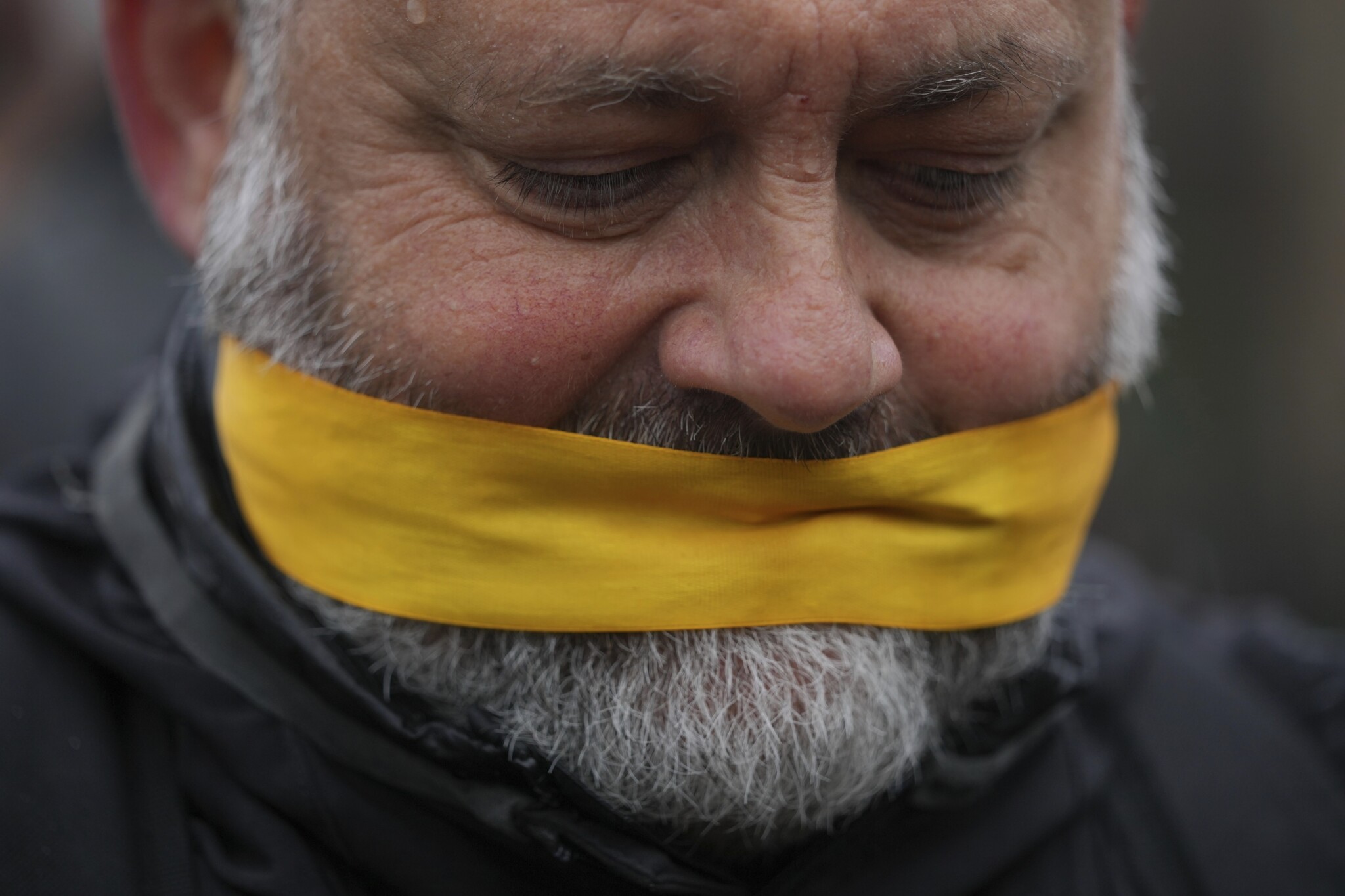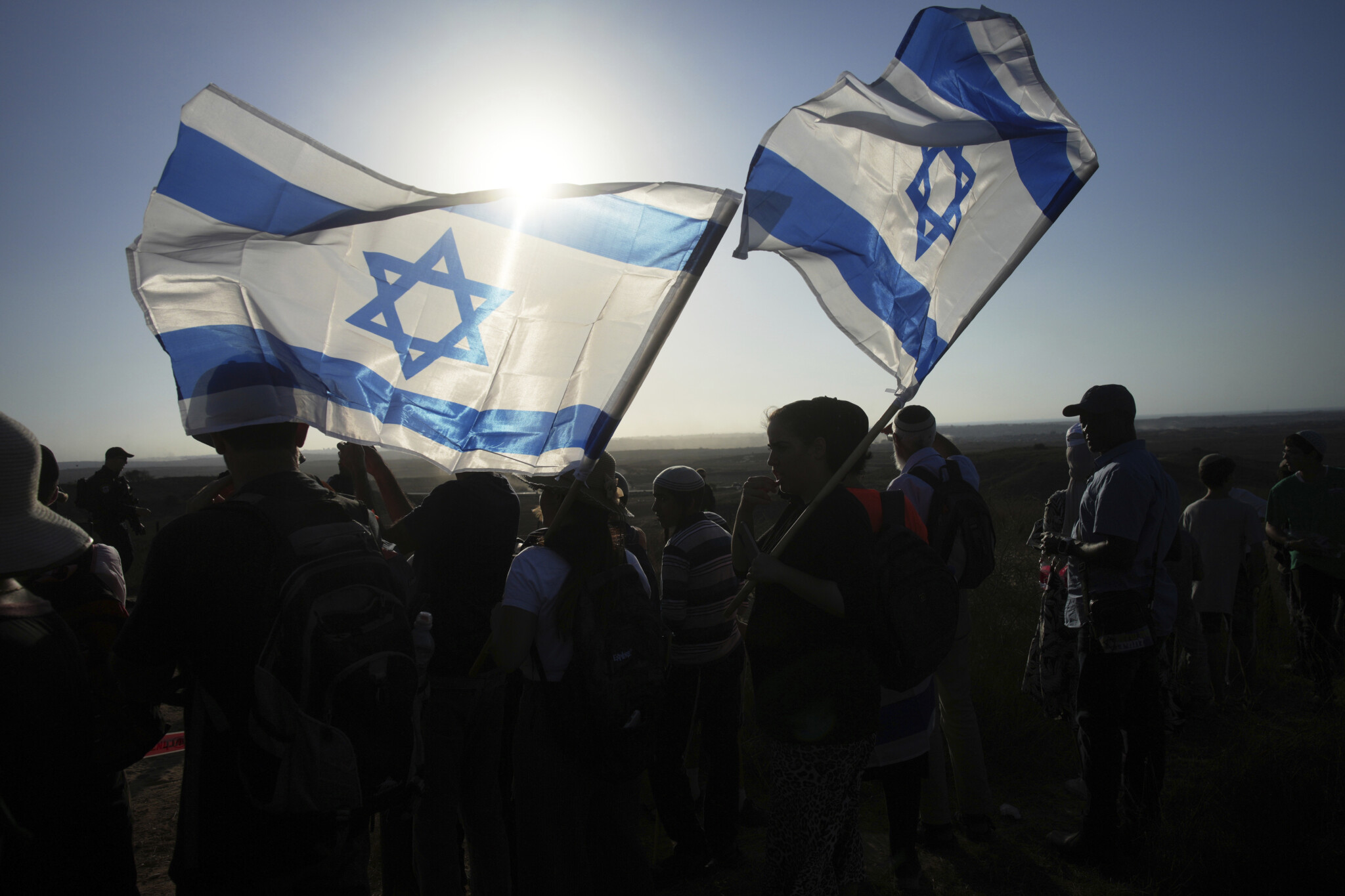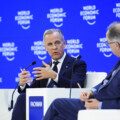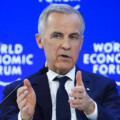For many Jews, Yom Kippur came early in 2025—a summer of painful soul-searching. It was as if we heard the ancient call of Hillel the Elder echo across centuries:
“If I am not for myself, who will be for me? If I am only for myself, what am I? And if not now, when?”
Some Jews, unable to bear the expectation of silence, rushed to the barricades of public opinion. Accusations against Israel—of fomenting hunger at best, and perpetrating genocide at worst—left them urgently asking: What am I? Am I implicated? And if so, am I complicit?
So, they posted. Wrote op-eds. Signed petitions. Appeared on television. They declared, in sorrow and anger, that Israel’s conduct in Gaza does not meet with their approval. They refused to be implicated in its violence—especially against children.
And in doing so, they demanded—in the name of a moral principle that has little bearing on real life—that children should be exempt from paying a price for decisions made by their elders.
“Not In Our Name,” they proclaimed widely.

A protester stages a demonstration in London, Thursday, Feb. 20, 2025 to mourn hostages who have died in Gaza and demand the release of the remaining captives. Kin Cheung/AP Photo.
But what looks, on the surface, like a political debate about revenge—how much a pound of flesh weighs after October 7—is in fact an ancient theological one. It is the reappearance of a split that has haunted Jews for two thousand years: the clash between Jewish Jews and Christian Jews.
By “Christian Jews,” I don’t mean converts. I mean Jews—religious or secular—who believe Jewish suffering obliges us to universal empathy. They ask us to turn trauma into moral capital, to be lights unto the nations. Many of them are the “as-a-Jew” Jews. Others turn the other cheek entirely.
It all began with Saul of Tarsus—St. Paul—a 1st-century Pharisee who broke with the particularism of Jewish law to universalize the covenant. Circumcision, dietary laws, tribal obligations: all gave way to a faith of the heart. He was the first “Christian Jew”—a Jew who chose prophets over peoplehood, universality over covenant.
(He died in a Roman pogrom, a scapegoat after Nero’s fire—a bitter irony given the future of Jewish-Christian relations).
Since then, many an unconverted Jew had craved what Christians possessed: the universal megaphone.
The conflict between Jewish Jews and Christian Jews reverberated through the Enlightenment, the Haskalah, anti-Zionism, socialism, Communism, and American liberalism—each an attempt to subsume Jewish identity under the abstractions of universal ideals.
And now, it reverberates in Gaza.
Never again, upside down
The phrase “never again” has been turned inside out. Once it meant Jewish survival. Now it’s flung back as a caution against Jewish power—a warning that victimhood alone does not confer moral immunity. Only certain kinds of victimhood do.
Especially when Jewish victims refuse to play the role assigned to them in Western imagination: as the virtuous Christian victim. The one who suffers without retaliation. Who dies without resistance. Who is vindicated not by survival, but by posthumous recognition.
Western culture reveres this ideal—the martyr who dies with dignity. And so, it struggles to process the Jew who refuses to play that part. It weeps for Jews in Damascus, in Kishinev, in Auschwitz. It honours the Jewish victim, passive and pitiable.
But the Jew who fights back is unnerving. Israel’s sin, in this view, isn’t just military excess—it’s the refusal to honour its past suffering and acting like a good victim should.
The Jewish Jew
The Jewish Jew anchors himself in covenant and survival before universal ethics. His morality is measured by one standard: that the Jewish people endure.
He does not seek the world’s sympathy—least of all posthumous sympathy—and he rejects the Christian role of the beautiful, dying martyr. He sees history as a sequence of accusations: Damascus, Dreyfus, Kishinev, Auschwitz, and now the UN, where between 2015–2023 Israel attracted twice as many condemnatory resolutions than all other countries combined.

A rally near the border in southern Israel, Wednesday, July 30, 2025. Ohad Zwigenberg/AP Photo.
He knows shame is a potent weapon. He also knows that world opinion is fickle—and survival, even with a bad image, is preferable. His universality is not abstract but covenantal—a stubborn, tribal (undemocratic?) bond with G-d that gave the world the idea of oneness, purpose, and interconnection.
The Jewish Jew insists on surviving, even if that survival makes him look like Goliath.
Here lies the dilemma the world cannot fathom. The Western mind, shaped by Bible stories, sees David as the eternal underdog. Goliath, the eternal villain. And where one side has tanks and the other has stones, the instinct is to sympathize with fragility.
But Israelis still see themselves as David—outnumbered, besieged, their very existence questioned daily. “We are hanging onto the edge of an active volcano,” Israelis say.
To the world, Israel looks like Goliath: tanks, jets, satellites, a booming economy. And once you look like Goliath, you are judged by Goliath’s code. Every strike is excessive. Every move is bullying. Even when the “weaker” opponent is armed, fanatical, and dreams of your annihilation.
Ninety percent of Israelis believe Palestinians want them dead. They are mostly right. And when you believe your neighbour wants to kill you, empathy becomes a luxury. That is not a Jewish quirk. It is a human constant.
This is why attempts to shame, embarrass Israelis bounce off them like pebbles against armour. Fear is the currency of Israeli politics. It is the fundamental condition of its enormous power. Speak to their fears, and you may be heard. Speak to shame, and you’ll be ignored.
To be heard in Israel, one must understand this self-perception. Fail to acknowledge it, and your moral sermon will sound not like critique, but like a denial of history.
Who am I?
I used to be much more of a Christian Jew. I came by it naturally. Both my Jewish parents were Communists. My father longed for a world where Jewishness didn’t matter. He was a rootless Jew, with no taste for Jewish metaphysics. He believed in science and engineering.
Growing up Jewish in post-war, Communist Warsaw had little to do in the beginning with what happened in the Warsaw Ghetto some 10 years earlier. It had everything to do with the idea that Jewishness and Communism were somehow inextricably linked. Rosa Luxemburg, with her unchanged name, Jewish visage, and tragic death, stood for what I thought was best in Judaism: struggle and sacrifice.
I couldn’t have been prouder to be both a Jew and a Communist. I was five.
I never entered a synagogue or attended a Shabbat meal, but lived among the collected works of Lenin and Stalin.
In my early twenties, I refused to step off a bus in Ramallah—I opposed Israel’s post-1967 occupation. I supported a two-state solution. I ranted against what I called “fuck-you Zionism”—a critique of Netanyahu and the Jabotinsky legacy that shaped the Israeli Right. I wanted Israel to be liked by the goyim. I believed Israeli soldiers should behave respectfully at checkpoints. (I still do.)
But October 7 changed me.
The Jewish comedian Modi Rosenfeld said: “Become 10 percent more Jewish.” In the wake of that massacre, I did. On the scale separating Christian Jew from Jewish Jew, I moved toward the latter.
I discount the world’s opinion of what’s good for Israel. I remain unmoved by accusations of genocide. October 7 burned away what little empathy I still had. No genuine photographs of starving children can erase the images of slaughtered families, raped women, kidnapped grandmothers.
But then—I only read about these images. Seeing them would have been too much for me. I don’t want to hate more than I already do. And I don’t want to be heartless in the face of real suffering by people who want my people dead.
In our media universe, images arrive stripped of context. They overwhelm judgment. They present themselves as verdicts. But history is not erased by horror. There is no suffering outside of history. There is no suffering without causation.
To the Jewish Jew, context is everything: the Shoah, the pogroms, the refugee camps, the Arab invasions, the suicide bombings.
Gaza is not innocent. It is one more link in a chain of hostility—ancient as Amalek.
This article was originally published at Wodek Szemberg’s Substack.









